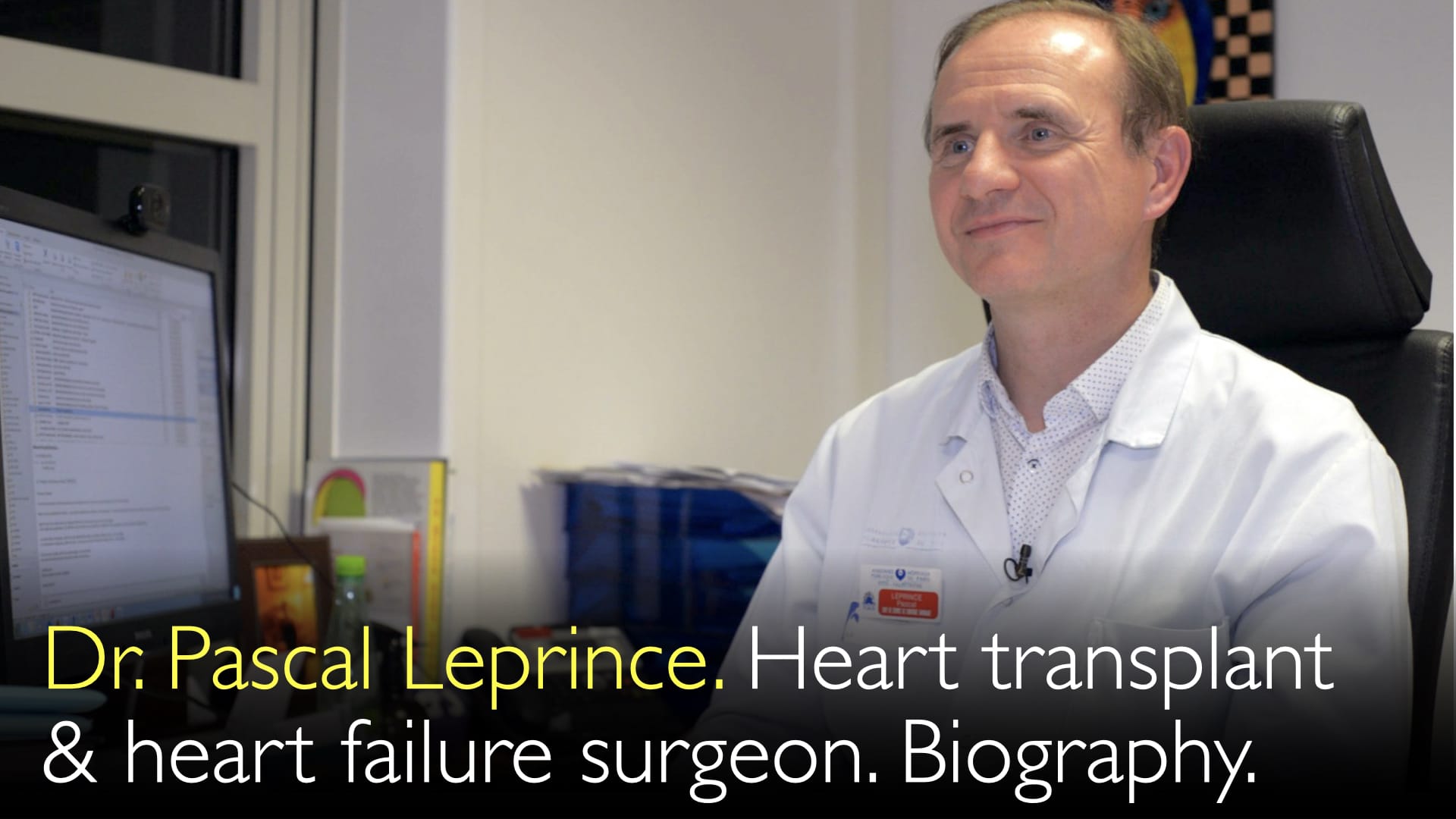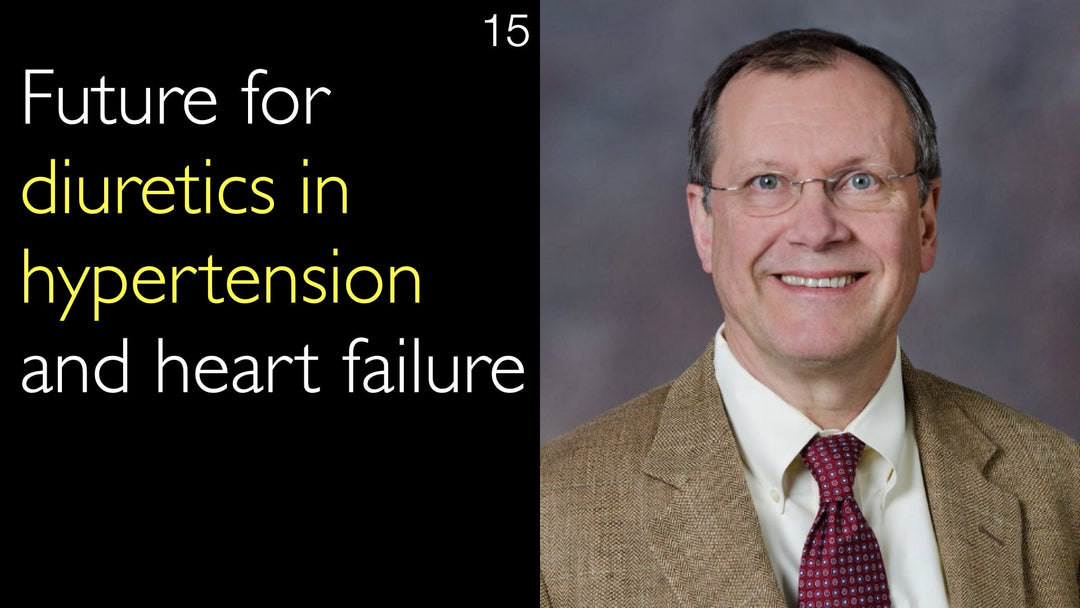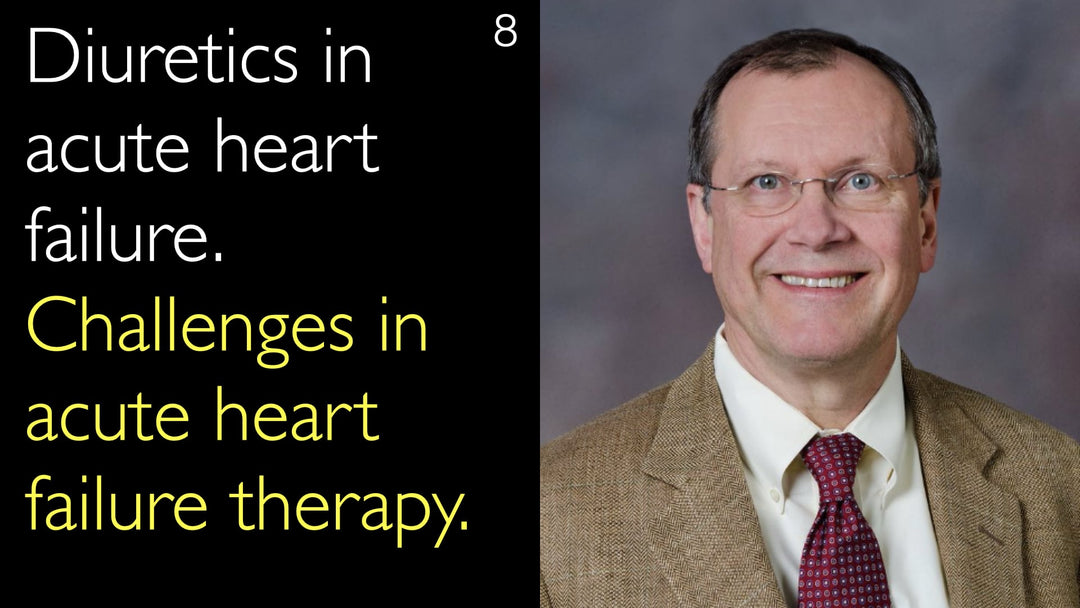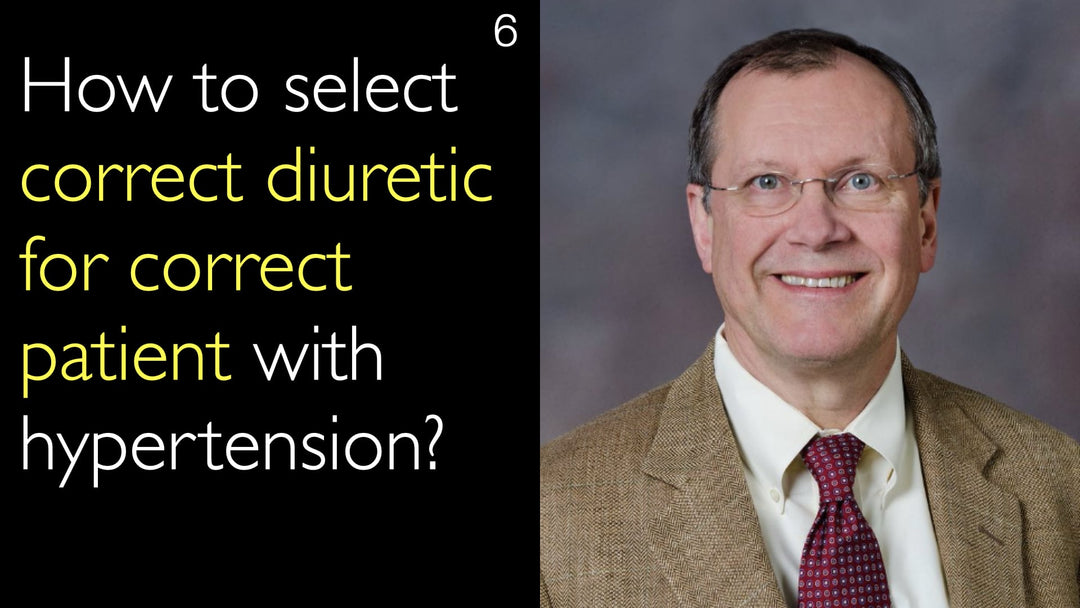Leading expert in extracorporeal membrane oxygenation, Dr. Pascal Leprince, MD, explains how ECMO provides immediate life-saving circulatory and respiratory support for patients in cardiogenic shock or cardiac arrest. He details the rapid bedside implantation procedure, the program's impressive scale at Pitié-Salpêtrière hospital with 500 annual implants, and the critical survival rates, emphasizing that ECMO offers a crucial chance for survival where the alternative is almost certain death.
Extracorporeal Membrane Oxygenation (ECMO): A Life-Saving Intervention for Cardiac Arrest and Shock
Jump To Section
- What is ECMO and How Does It Work?
- Primary Indications for ECMO Treatment
- The Advantage of Rapid ECMO Implantation
- The Scale and Success of a Major ECMO Program
- ECMO Patient Survival Rates and Outcomes
- The Team Approach to Efficient ECMO Care
- Full Transcript
What is ECMO and How Does It Work?
Extracorporeal membrane oxygenation (ECMO) is a form of extracorporeal life support that temporarily takes over the work of the heart and lungs. Dr. Pascal Leprince, MD, describes the ECMO circuit as a relatively simple system where a cannula is placed into the patient's femoral vein. Deoxygenated blood is drawn from the vein, propelled by a centrifugal pump through an oxygenator, and then returned as oxygenated blood into the patient's femoral artery. This process provides full circulatory support and respiratory function simultaneously, effectively acting as an external heart-lung machine for critically ill patients.
Primary Indications for ECMO Treatment
The main indication for ECMO is severe cardiogenic shock, most commonly resulting from a massive heart attack. Dr. Pascal Leprince, MD, clarifies that ECMO serves as crucial circulatory support in these cases. ECMO can also be configured for veno-venous (V-V) support, where cannulas are placed between a vein and a vein. This configuration provides purely respiratory support for patients with failing lungs, such as those with severe ARDS (Acute Respiratory Distress Syndrome) or other conditions preventing adequate oxygenation. This versatility makes ECMO a vital tool for a range of critical cardiac and pulmonary failures.
The Advantage of Rapid ECMO Implantation
A significant advantage of ECMO is the speed and location of its deployment. Dr. Pascal Leprince, MD, emphasizes that ECMO can be implanted rapidly at the patient's bedside in the ICU, eliminating the need to move a critically unstable patient to an operating theater or catheterization lab. In extreme emergencies, the procedure can even be performed during ongoing cardiopulmonary resuscitation (CPR), sometimes taking only 10 to 15 minutes to establish circulation and save a patient's life. This rapid response capability makes ECMO an incredibly efficient intervention for patients who are minutes from death.
The Scale and Success of a Major ECMO Program
The ECMO program at Pitié-Salpêtrière Hospital in Paris, initiated by Dr. Pascal Leprince, MD, and his team around 2002, has grown exponentially. Dr. Leprince recalls implanting only five or six devices in the first year. As awareness spread that their team could implant ECMO in outside hospitals, the number of referrals surged. The program now performs a remarkable 500 ECMO implantations annually. Of these, approximately 350 are for primary circulatory support and 150 are for primary respiratory support, showcasing the program's massive scale and critical role in the region's healthcare system.
ECMO Patient Survival Rates and Outcomes
ECMO survival rates vary significantly based on the underlying condition, but the procedure offers hope where there often is none. Dr. Pascal Leprince, MD, provides specific data: for patients who have undergone prolonged CPR, the survival rate may be around 10%. In contrast, patients with conditions like myocarditis have a survival rate exceeding 70%. The mean survival rate across all ECMO patients at their center is approximately 50-55%. Dr. Leprince stresses that this is a major success, as an estimated 95% of these patients in cardiogenic shock would have died without the intervention. The alternative to ECMO is almost certain death.
The Team Approach to Efficient ECMO Care
The success of a high-volume ECMO program hinges on a dedicated and efficient team approach. Dr. Pascal Leprince, MD, expresses great pride in how their program operates without additional hired workforce. The cardiac surgery team's on-call structure—comprising an intern, a fellow, and a senior surgeon—manages all ECMO emergencies. When a call comes in, the fellow travels to implant the ECMO, even at external hospitals, and transports the patient back. This system, which has run effectively for over 15 years, demonstrates that a life-saving ECMO program can be cost-effective and sustainable through team engagement and careful logistical planning.
Full Transcript
Dr. Anton Titov, MD: One of your interests is extracorporeal life support, known as ECMO, or extracorporeal membrane oxygenation. What are the indications for extracorporeal membrane oxygenation treatment? What can patients expect if they need ECMO treatments?
Dr. Pascal Leprince, MD: Yes. For patients who don't know about ECMO, it is an extracorporeal circulation. We place a cannula into the femoral vein. The blood from the patient goes through the cannula and through a centrifugal pump. Then the blood from the pump goes through an oxygenator. Because blood from the femoral vein is low-oxygenated blood, it flows through an oxygenator. Then oxygenated blood is infused into the femoral artery.
This is a very simple concept—it is a blood oxygenation circuit. What is interesting with ECMO is that it can be employed very fast for a patient. The patient may have a cardiogenic shock. Shock due to heart attack is the main indication for ECMO. This is circulatory support.
Extracorporeal membrane oxygenation can also be used for lung respiratory support. It means putting the two cannulas between a vein and a vein. Then this is not circulatory support—this is just respiratory support.
What is good again about ECMO is this: ECMO can be done at the patient's bedside. You do not have to move the patient to the ICU or the operating theater. You don't have to move the patient to the cardiac catheterization lab. You can just be with the patient in the ICU.
You can even implant ECMO into a patient on the street. I would not recommend doing that too much. Extracorporeal membrane oxygenation can be implanted even at the patient's home. Physicians may conduct CPR on a patient. Sometimes you do it fast—it can take 10 or 15 minutes to implant ECMO and save a patient's life. This is quite efficient.
You can get real full circulation support for the patient in cardiogenic shock. Again, you can have ECMO for circulatory support. ECMO is implanted between the vein and the artery. ECMO will support the blood circulation and the respiratory function at the same time. This is what is good with ECMO as well.
ECMO is pretty cheap in comparison to everything else. Cheap is a relative concept, of course. But ECMO costs in total about 5,000 Euros. This is a lot of money for patients. But again, the price of intensive care treatment of the critically ill patient is high. There is a high efficiency of ECMO by itself. On the other hand, ECMO is pretty cost-effective.
We started the extracorporeal membrane oxygenation program here in the Pitié-Salpêtrière hospital in 2002 or 2003. Interestingly, during the first year, we implanted five or six ECMO devices during the year, which was nothing! I can remember because I did all the ECMO implantations. But then the results were interesting.
Then, because physicians started to know that we could do ECMO implantation outside our hospital, we started to get phone calls from other medical centers. Physicians had a patient on CPR for a heart attack or a severe cardiogenic shock. They called us to say, "Can you come to us to implant an ECMO?"
It happened even in this building, in this Institute of Cardiology in the Pitié-Salpêtrière hospital. We had a call from our colleague from the catheterization lab, for example. Therefore, we started to increase the number of patients with ECMO every year. Now, every year we implant 500 ECMO devices. This is a huge number.
Among those 500 ECMO implantations, I would say 350 are mainly for circulatory support. 150 ECMO devices are implanted for mainly respiratory support. I think ECMO is good because it is a triage.
You have a critically ill patient with cardiogenic shock from a myocardial infarction. He is just doing so bad that he is going to die in the coming minutes or coming hours. You just implant an ECMO. You see what is going to happen.
Some patients—I would say 40%—will die anyway. Of course, if you select patients for ECMO implantation better, you will decrease the rate of death. But you are trying to give an option to survive to as many patients as you can. Then the rate of death is going to be pretty high.
Because we give a chance to live to a patient who has been on CPR for more than an hour, for example. CPR means cardiopulmonary resuscitation. We know that the chance of survival for patients after long cardiopulmonary resuscitation is very low. But again, some of those patients will survive. This is very interesting.
Even though from a public health perspective this use of ECMO is not very efficient, for the patient this potentially life-saving procedure is very efficient. The patient survives, although the patient is supposed to die.
That is the discussion part about ECMO. Sometimes you look at the way ECMO is organized here—this is something I am very proud of. It is about the team. Because we manage this ECMO program with no additional workforce. This is to me very interesting.
This is just the good will of the surgeon of the cardiac surgery team. We begin at night. We have three patients on call at night. We have an intern, we have a fellow, we have a senior heart surgeon. If we do have a call for ECMO, the fellow just goes from the Pitié-Salpêtrière hospital to another hospital to implant ECMO.
Then a fellow will bring the patient with the transport team to Pitié-Salpêtrière hospital. Then we will take care of the patient on ECMO. This is no need for extra workforce. Our ECMO program is not an extra cost for the hospital. It has been like this for the last 15 years now. This is quite interesting.
We are looking just at the engagement of the surgeon of the cardiac care team. I am very proud of that because it is very uneasy making this ECMO program run. In many other hospitals, patients want you to have another extra physician to be on call. That would be great, of course. But again, I don't think there is a possibility to hire more physicians.
It is very important to know where we put the money as well. We have to put the money to hire more nurses. The ECMO program is a balancing act. It is running pretty well.
At night, we might have an emergency. The fellow is called for ECMO implantation. Then the senior cardiac surgeon is going to do the surgery alone with an intern. That is it. This is the rule. That works pretty well.
It is the total number of patients we save. We treat very sick patients with ECMO. The CPR patients' rate of survival was going to be 10%. On the other hand, for myocarditis, the rate of survival is more than 70%.
If we look at the mean survival, it is going to be like 50% or 55%. This is pretty good. Because most of those patients will die without ECMO. Maybe not 100%, but we are sure that 95% of patients with cardiogenic shock would have died without ECMO.
That was just very important to underscore. The alternative is that the patients will die anyway without ECMO. It is the immediate life-saving procedure. Of course, the longer-term outcome remains uncertain. But the alternative is almost certain death of those patients. That is correct.








